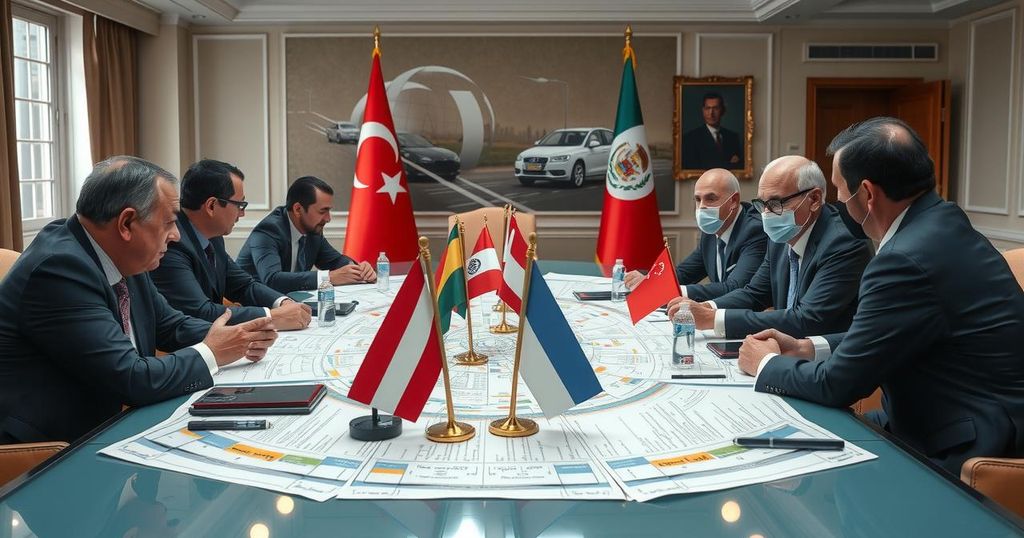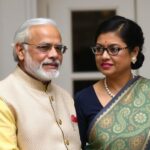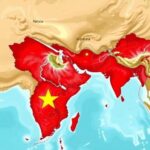India to Host Quad Leaders’ Summit in September 2025 Amid Political Changes
India is preparing to host the next Quad Leaders’ Summit in September 2025, following a swap with the U.S. due to President Biden’s election commitments. Key factors influencing this timing include domestic elections in Australia and Japan, as well as the return of Donald Trump potentially impacting U.S. engagement. Current preparations emphasize health initiatives and maritime domain awareness, aiming for enhanced regional cooperation amidst political changes.
As the leaders of the Quad (Quadrilateral Security Dialogue) prepare for their upcoming summit, India is looking to host the next gathering in September 2025. This follows the previous decision to swap the original 2024 hosting responsibilities with the United States, due to President Biden’s unavailability related to the presidential election. The political landscape within Quad member countries presents unique circumstances, suggesting a greater need for strategic timing in organizing this summit.
The dynamics among Quad members have shifted, necessitating a recalibration of plans for the next summit. With new leadership in both the United States and Japan, as well as decreasing approval ratings for Australian Prime Minister Anthony Albanese ahead of the 2025 federal election, the timing and location of the summit require careful consideration. Various factors, including domestic elections and government transitions, indicate that holding the summit in September 2025 may serve the interests of all member states more effectively.
In Australia, the impending general election is expected to take place by April or May 2025, prompting a governmental focus on domestic priorities. Consequently, the formation and stabilization of a new government could divert attention from international matters, such as the Quad summit. Similarly, Japan’s parliamentary schedule suggests a July election for the upper chamber, which may limit the premier’s travel during that period.
Despite these challenges, preparations for the summit continue, with Quad working groups actively collaborating on various deliverables. During the most recent summit, held in Wilmington, Delaware, significant health initiatives were announced, including a collaborative effort to combat cervical cancer across the Indo-Pacific region. Furthermore, the Quad’s maritime domain awareness initiative will expand, utilizing advanced technologies to monitor and support regional security developments effectively.
The political landscape is further complicated by the anticipated return of Donald Trump to the presidency, raising questions about the United States’ commitment to the Quad. According to Ian Hall, a professor of international relations, it remains to be seen whether the trust built during Trump’s previous administration will persist. He notes, “Trump is likely to ask how much the minilateral costs the US and what it delivers, not in terms of public goods provided to others but tangible gains for American interests.” Therefore, the future of Quad cooperation may hinge on how these diplomatic and domestic political challenges are navigated moving forward.
The Quad, comprising the United States, India, Japan, and Australia, is a strategic alliance aimed at enhancing cooperation across various domains including security, health, and technology in the Indo-Pacific region. The alliance was initially established to address shared interests and counterbalance China’s rising influence. The upcoming summit in 2025 aims to solidify the Quad’s objectives and showcase its unified stance, particularly in light of changing leadership within member countries and upcoming domestic elections that may impact international engagements. As political climates shift, the success of the summit and future collaboration will depend on the ability of leaders to navigate these dynamics effectively.
The upcoming Quad Leaders’ Summit in September 2025 presents an opportunity for member countries to align their strategic interests amidst shifting political landscapes. The timing is key, considering the domestic elections in Australia and Japan, and the potential impact of a new U.S. administration. With ongoing preparations and significant health initiatives on the agenda, the Quad remains committed to strengthening ties among its members, although challenges related to leadership changes may influence the path forward.
Original Source: www.hindustantimes.com








Post Comment